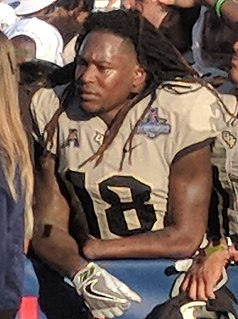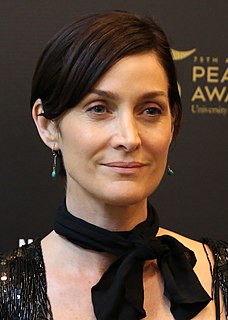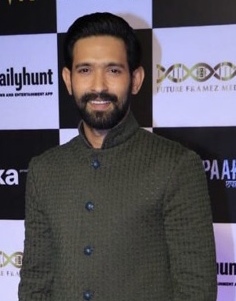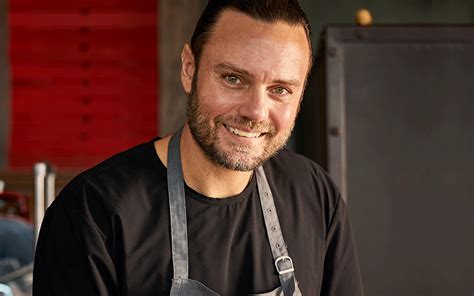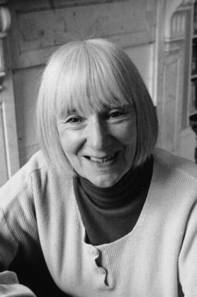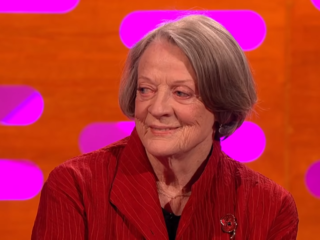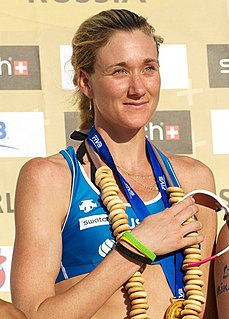A Quote by Antony Hegarty
I was about 17 or 18 when I first started performing in public. I had a teacher when I was a freshman in college and she came up to me afterwards and said she had been crying while I had been singing, and it really shocked me.
Related Quotes
At that moment a very good thing was happening to her. Four good things had happened to her, in fact, since she came to Misselthwaite Manor. She had felt as if she had understood a robin and that he had understood her; she had run in the wind until her blood had grown warm; she had been healthily hungry for the first time in her life; and she had found out what it was to be sorry for someone.
The idea of the book ["The Japanese Lover"] came in a conversation that I had with a friend walking in the streets of New York. We were talking about our mothers, and I was telling her how old my mother was, and she was telling me about her mother. Her mother was Jewish, and she said that she was in a retirement home and that she had had a friend for 40 years that was a Japanese gardener. This person had been very important in my friend's upbringing.
From my mother came the idea that going down to the sea repaired the spirit. That is where she walked when she was sad or worried or lonely for my father. If she had been crying, she came back composed; if she had left angry with us, she returned in good humor. So we naturally believed that there was a cleansing, purifying effect to be had; that letting the fresh wind blow through you mind and spirits as well as your hair and clothing purged black thoughts; that contemplating the ceaseless motion of the waves calmed a raging spirit.
She'd always known he loved her, it had been the one certainty above all others that had never changed, but she had never said the words aloud and she had never meant them quite this way before. She had said it to him, and she hardly knew what she had meant. They were terrifying words, words to encompass a world.
She was obviously useful at the UN because she had a public persona before she ever got there. She was well known. She was a spokeswoman for many important things. When she got there, what she said was paid attention to, undoubtedly much more than would have been if just Joe Blow had been made our representative to the United Nations. In that sense, I think it was useful to have her there.
Pauline kept a scrapbook into which she pasted important articles that she had cut out of the newspapers. These were about the courageous deeds that had been done by people even if they only had one leg or couldn't see or had been dropped on their heads when they were babies. 'It's to make me brave,' she'd explained to Annika.
She smiled. She knew she was dying. But it did not matter any longer. She had known something which no human words could ever tell and she knew it now. She had been awaiting it and she felt it, as if it had been, as if she had lived it. Life had been, if only because she had known it could be, and she felt it now as a hymn without sound, deep under the little whole that dripped red drops into the snow, deeper than that from which the red drops came. A moment or an eternity- did it matter? Life, undefeated, existed and could exist. She smiled, her last smile, to so much that had been possible.

